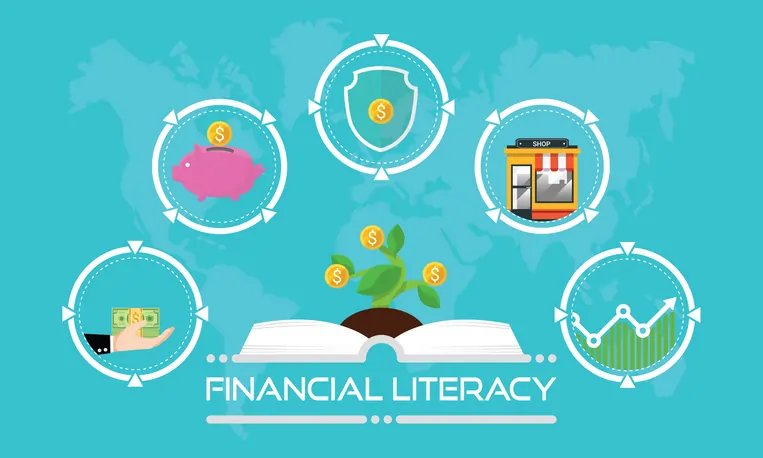The role of financial literacy in shaping students as future leaders


Financial knowledge isn’t just bookkeeping and stocks — it’s the building block for creating responsible champions. As we tread on with complicated financial choices, it’s critical that we arm our students with the financial skills they need. This isn’t just for their own success, but for their...
Financial knowledge isn’t just bookkeeping and stocks — it’s the building block for creating responsible champions. As we tread on with complicated financial choices, it’s critical that we arm our students with the financial skills they need. This isn’t just for their own success, but for their prospects as tomorrow’s champions. We’ll explore why financial knowledge is vital and how it sculpts our future leaders.
Financial knowledge isn’t just about budgeting, it’s got mission-critical abilities like saving, investing, and the sharpness for business. It’s so important to teach students financial smarts. It gets them ready for the financial hurdles they’re bound to face as adults. Schools and colleges are crucial in giving students the financial knowledge they need for life. Luckily, there are tons of tools for teachers to make financial education easier. There are digital tools, teaching ideas, and nationwide campaigns. Colleges and Universities have departments that focus on teaching students how to handle their money. They work with schools and nonprofits to share resources, ensuring financial education is continuous from kindergarten up to college. Schools have more resources than you think! They can get help from essay-writing companies to assist students. Edubirdie Service can be really useful for dealing with difficult money topics or writing tasks on financial education. Essay Services offer the option to pay for research paper. These means students get top-notch materials to deepen their understanding of money matters and boost their schoolwork. By using various resources, schools can blend teaching about money matters into their programs. This way, students learn vital things to make smart money choices and manage their own money with ease. Together, we can help students prosper in a not-so-simple financial world.
Here’s a guide on how to use these tools:
Those with a head for finance can make wise decisions about schooling, careers, and money matters. By getting to know finance early, teens can map out a route to financial security and accomplishment. It’s like setting the stage for great leadership down the road.
Financial knowledge is like rocket fuel for powering youths and building communities. By smashing obstacles to startups and nurturing intelligent solutions, financial knowledge not only helps people, but it also spurs economic progress and breakthroughs in communities.
Knowing about finance is more than just getting a grip on figures and spreadsheets—it’s also about learning smart spending habits, building independence, and willingness to tackle financial hurdles. We need to teach kids how to handle their expenses, think about their retirement early, and avoid falling into debt. This way, they’ll have what they need to deal with the ins and outs of money matters in life.
Here are effective ways schools can help improve students’ understanding of finances:
Teaching finance isn’t just a classroom topic; it’s a key foundation for every future leader. Let’s bring financial learning into our schools, involving students and their parents. This can enable our future bosses to handle the knotty modern financial world confidently. Let’s put our money into their financial knowledge now, for a better tomorrow.
Financial literacy is the ability to understand and effectively use various financial skills, including personal finance management, budgeting, and investing.
Personal finance refers to the management of an individual's financial activities, including budgeting, saving, investing, and planning for future financial goals.
Budgeting is the process of creating a plan to manage income and expenses, helping individuals allocate their resources effectively.
Investing involves allocating money to assets or ventures with the expectation of generating a profit or income over time.
Financial tools are resources or applications that assist individuals in managing their finances, such as budgeting apps, investment platforms, and financial calculators.
Explore more articles in the Finance category
